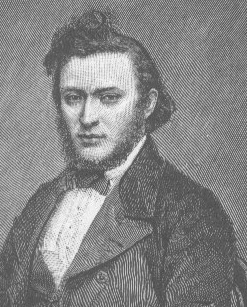Edited by Anna Popper
The Embassy of the Islamic Republic of Pakistan in Hungary hosted a National Day Reception to mark the 85th anniversary of the historic Pakistan Resolution, adopted on 23 March 1940. The event honoured the enduring spirit of unity that binds the nation together.
The Pakistan Resolution was a landmark political declaration passed in Lahore, Punjab, calling for a separate homeland – laying the foundation for the creation of Pakistan.
The reception, held at the Marriott Hotel Budapest, attracted a large and diverse audience, including officials from the Hungarian government, members of the diplomatic corps, representatives of the private sector, Pakistani nationals, and the media. Deputy Speaker of the Hungarian Parliament, H.E. István Jakab, graced the event as Chief Guest.
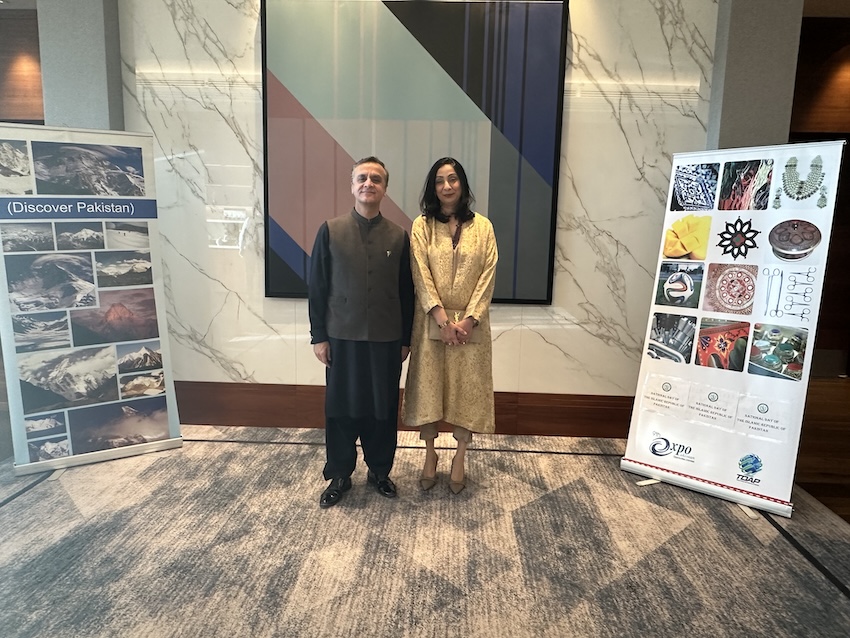
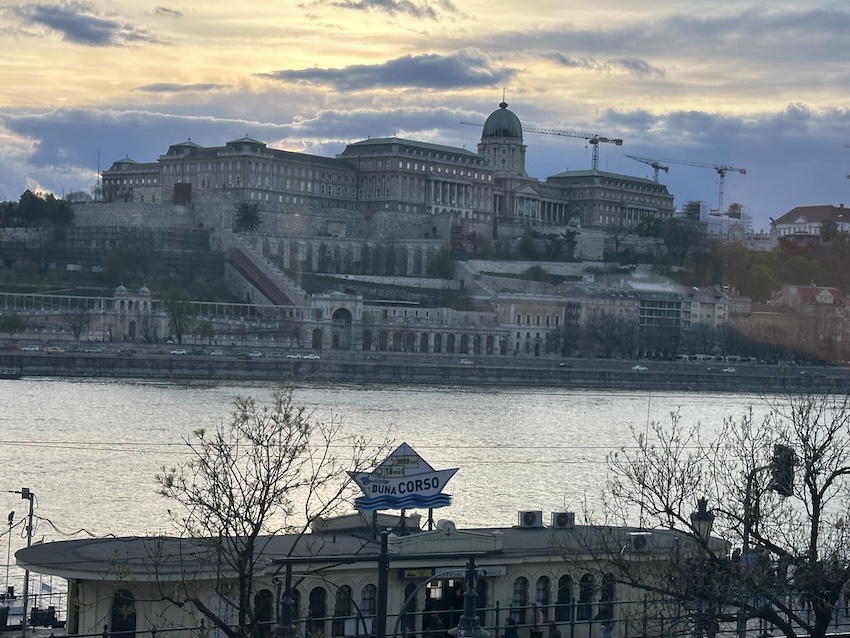
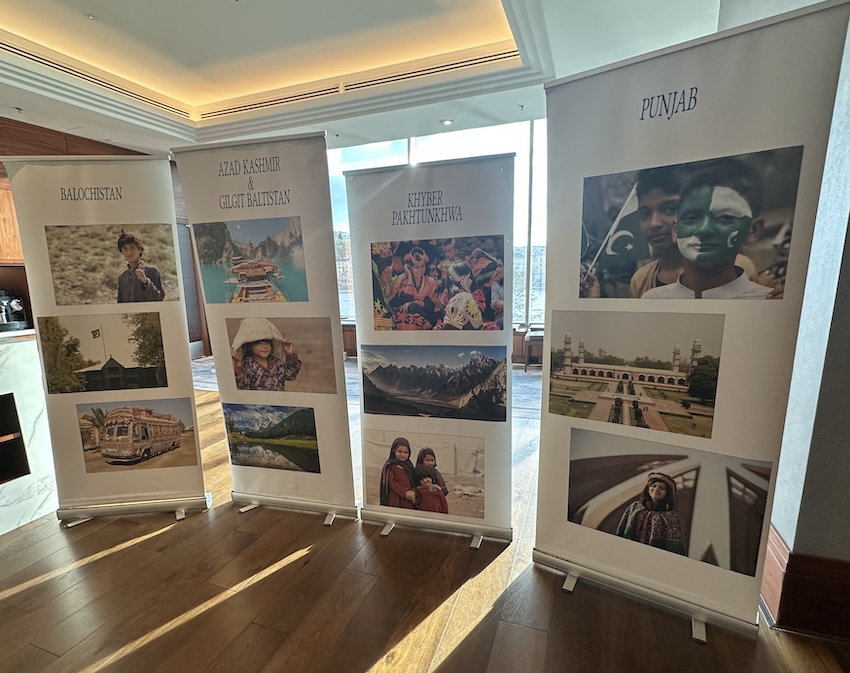












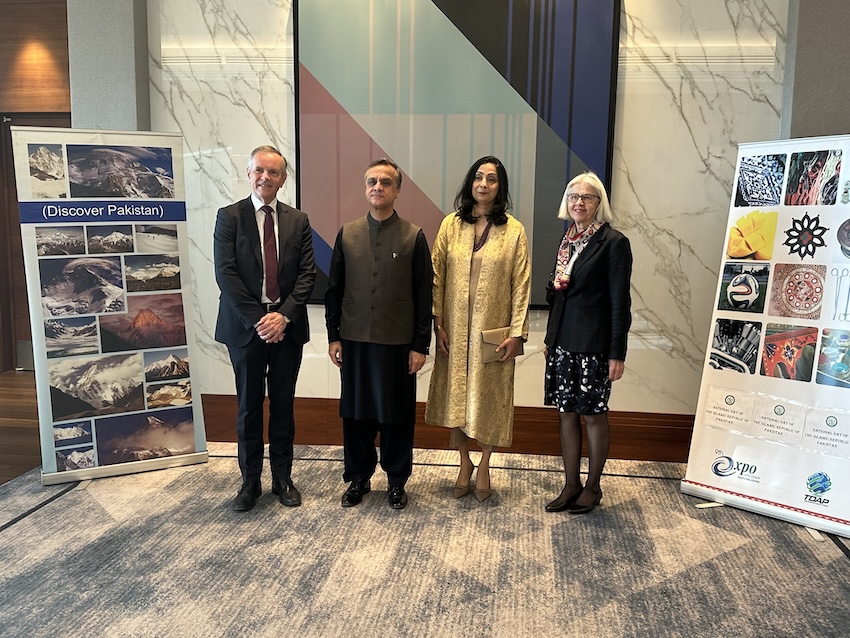
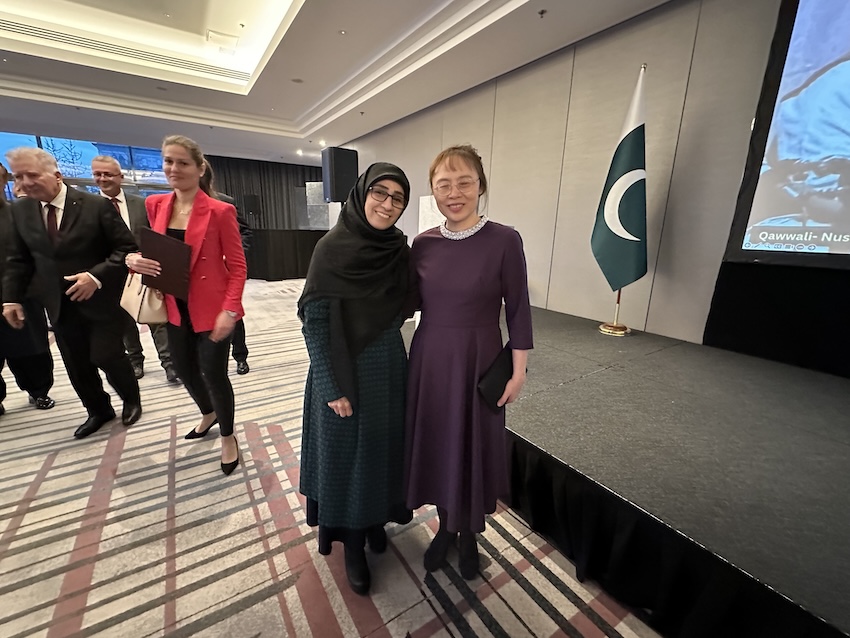
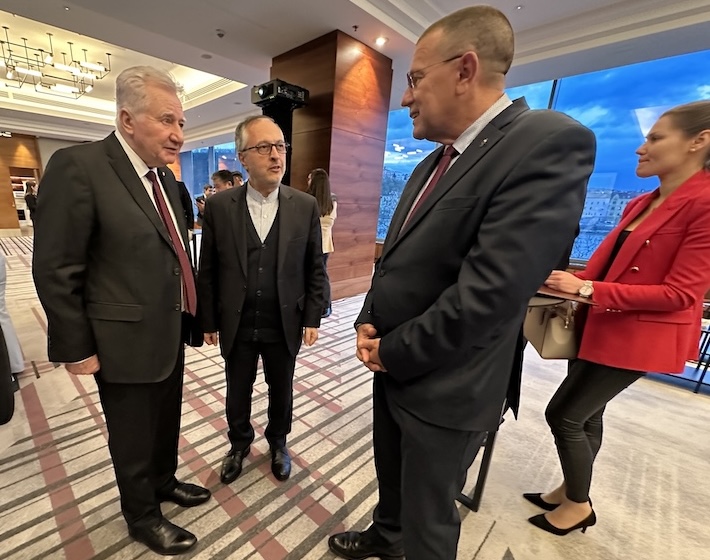
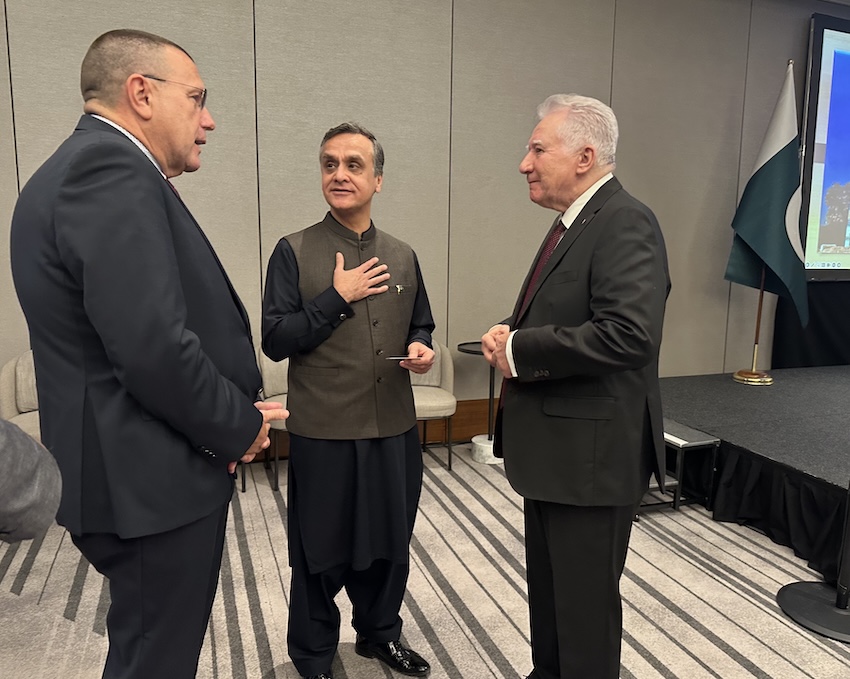
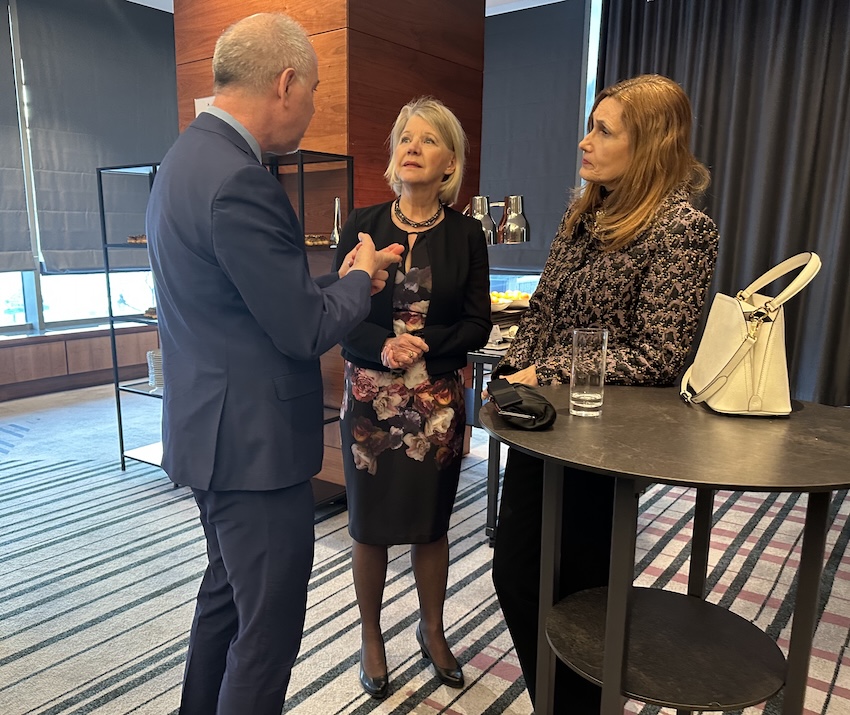
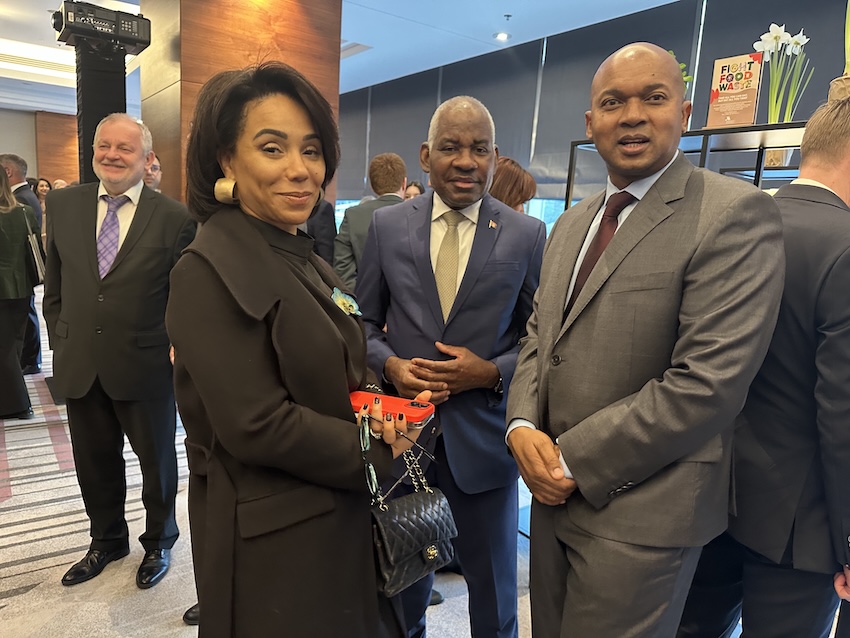
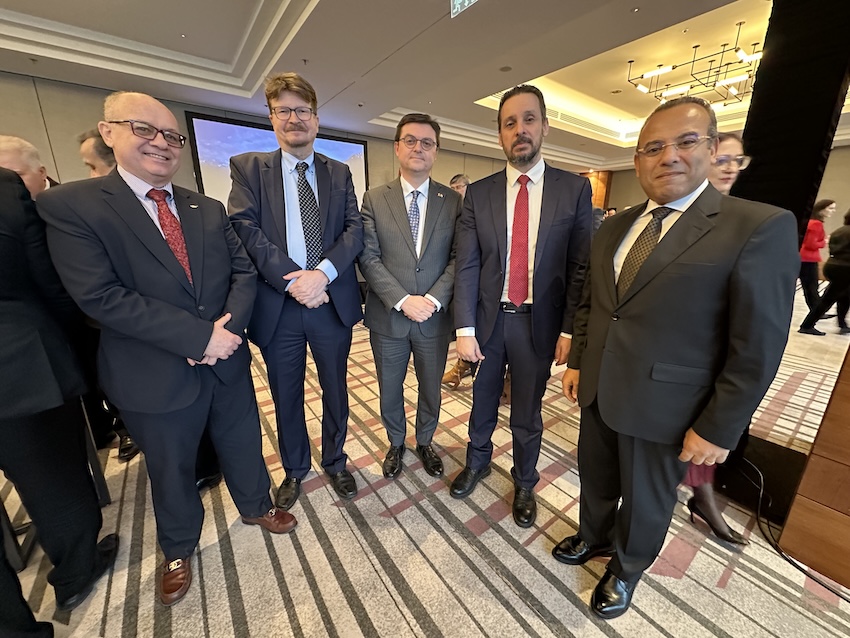
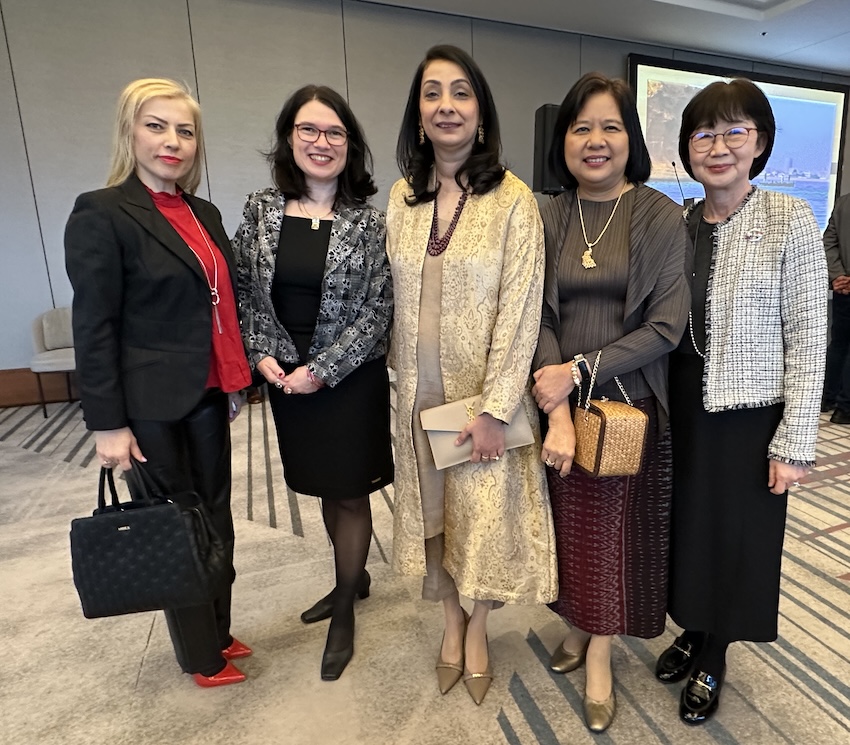
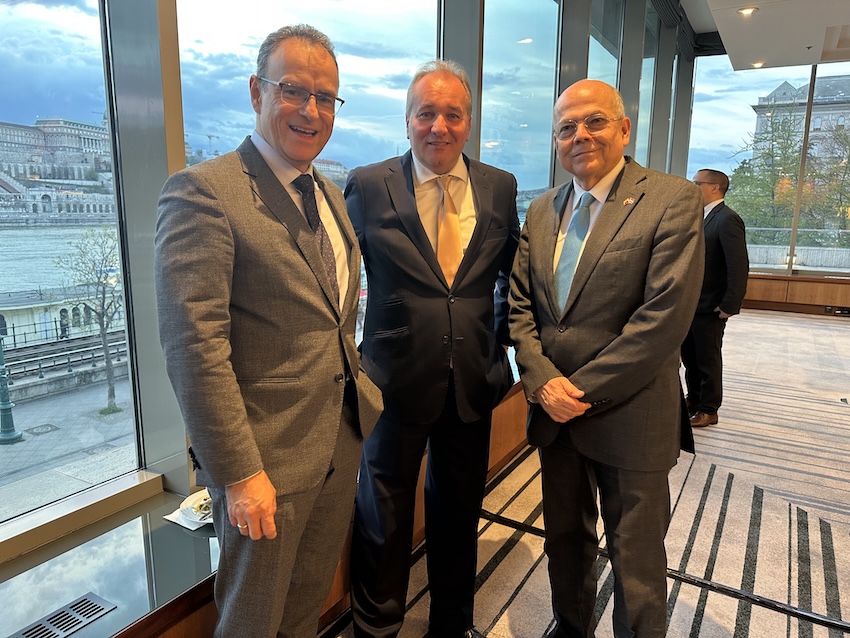
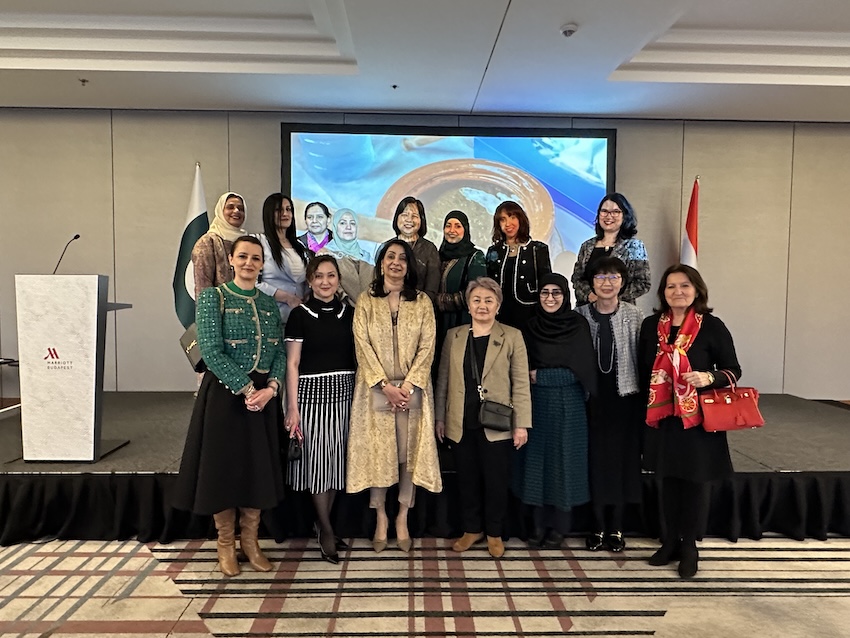
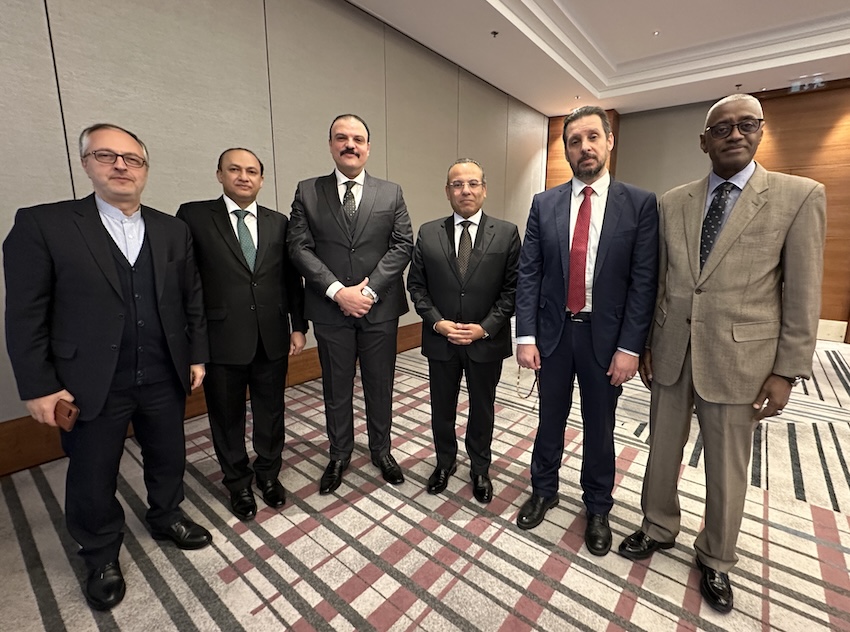
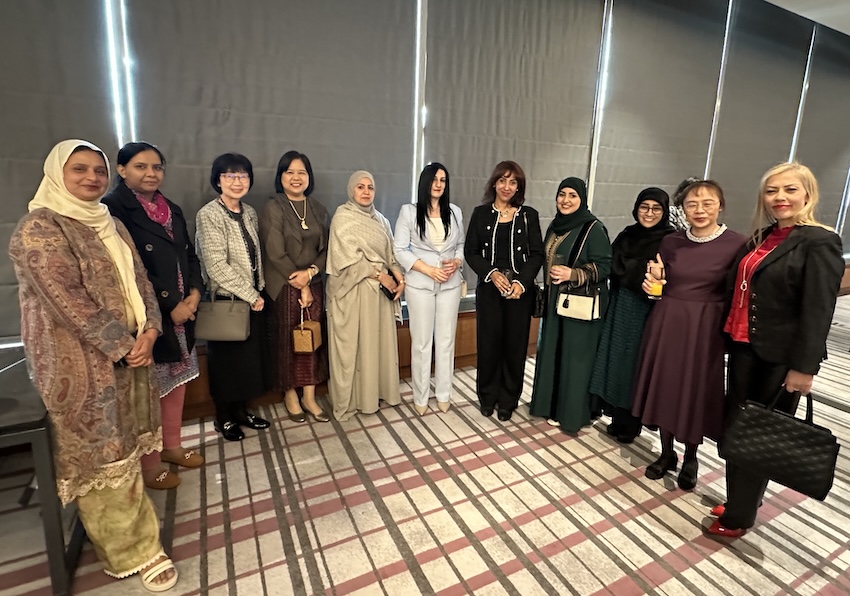
The ceremony began with the national anthems of Pakistan and Hungary,
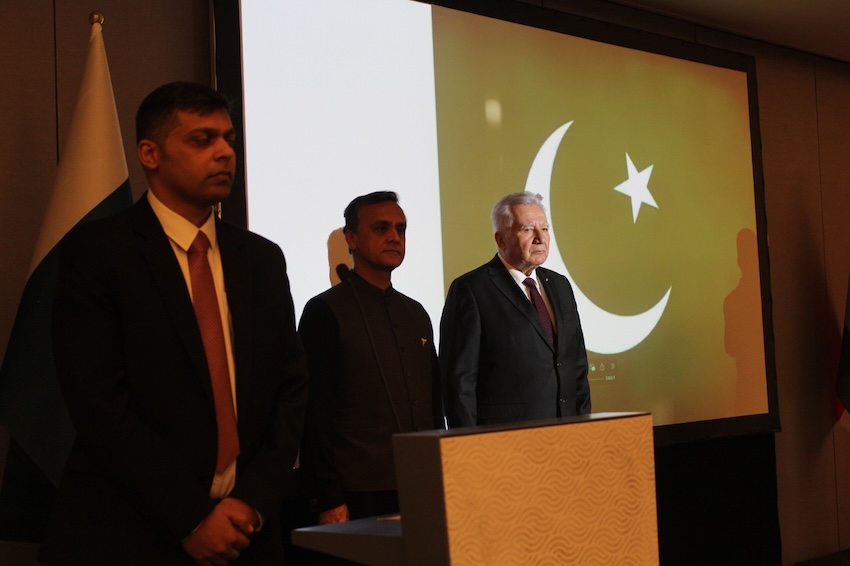
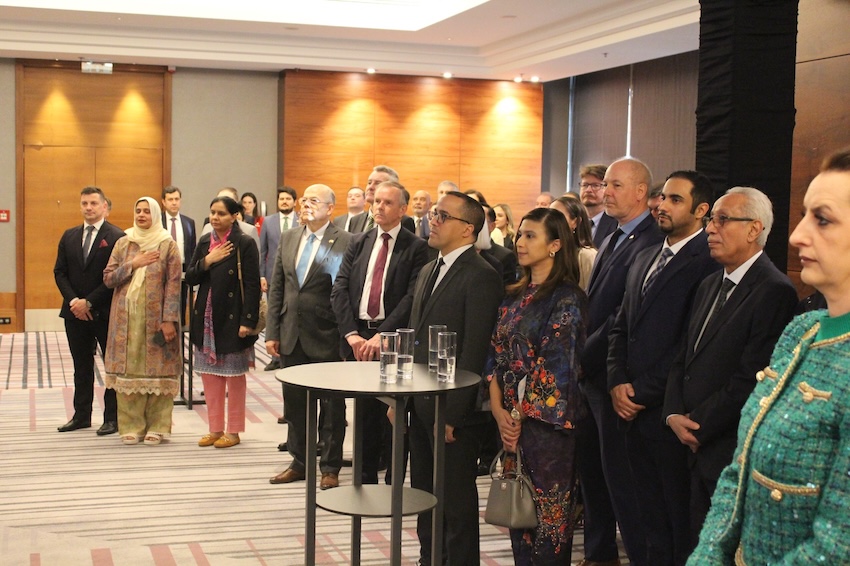
and was followed by the address of H.E. Asif Hussain Memon, Ambassador of Pakistan to Hungary:
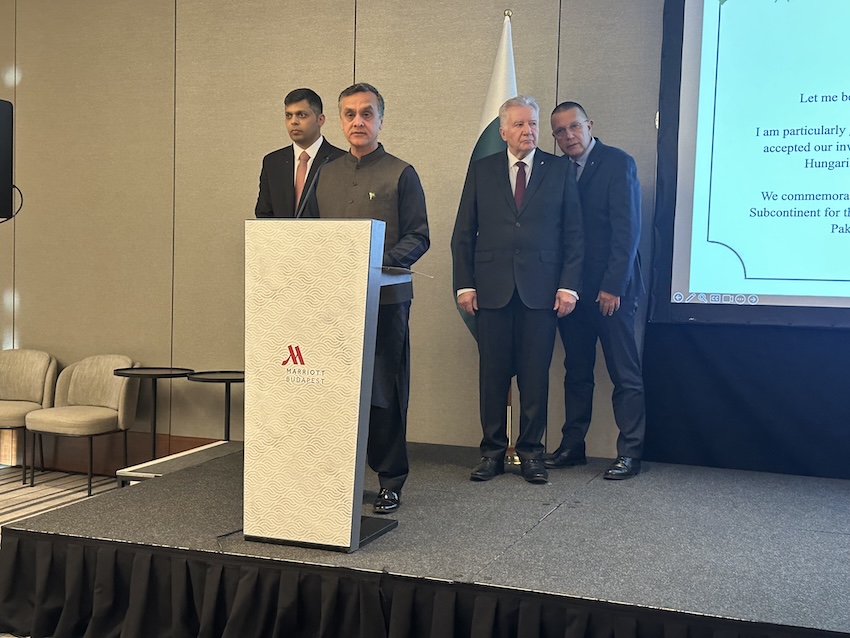
“Your Excellency István Jakab, Deputy Speaker of the Hungarian Parliament, Director General of MFAT Péter Jakab, distinguished Ambassadors, Ladies and Gentlemen, Assalam Alaikum, and a pleasant evening! Let me begin by warmly welcoming you all to the National Day of the Islamic Republic of Pakistan.
I am particularly grateful to Excellency István Jakab for accepting our invitation and honouring us as Chief Guest. I also thank the Hungarian officials and members of the diplomatic corps for joining us today.
We commemorate the National Day as a significant milestone, for on 23 March 1940, the Muslims of the subcontinent formally demanded their own homeland. Under the leadership of Pakistan’s founding father, this dream became a reality on 14 August 1947 – now celebrated as our Independence Day.
Excellencies,
Pakistan highly values its relationship with Hungary – both bilaterally and within the context of the European Union. Hungary’s consistent support, especially regarding Pakistan’s GSP+ status, is well acknowledged and appreciated.
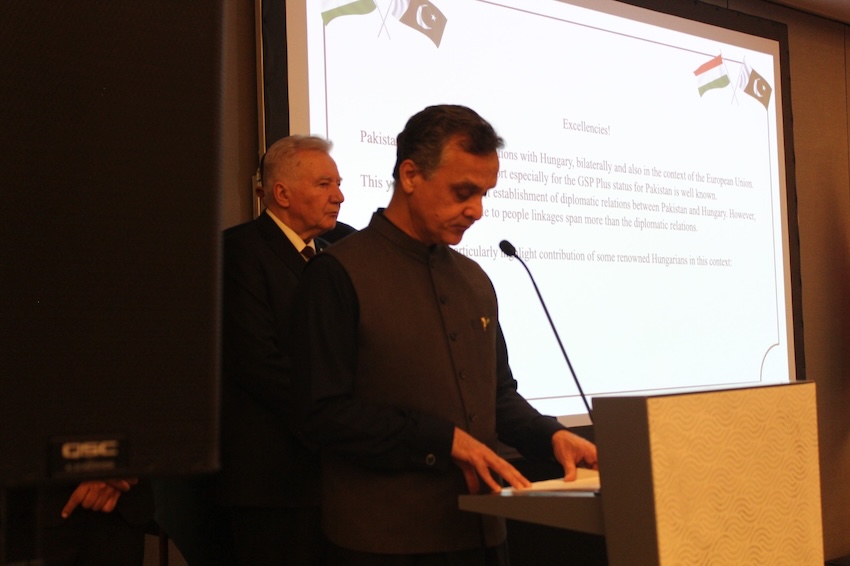
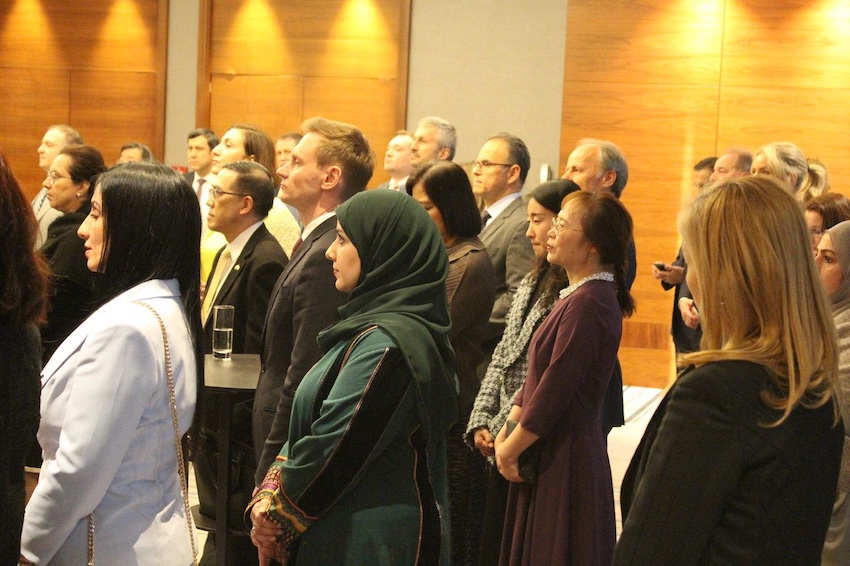
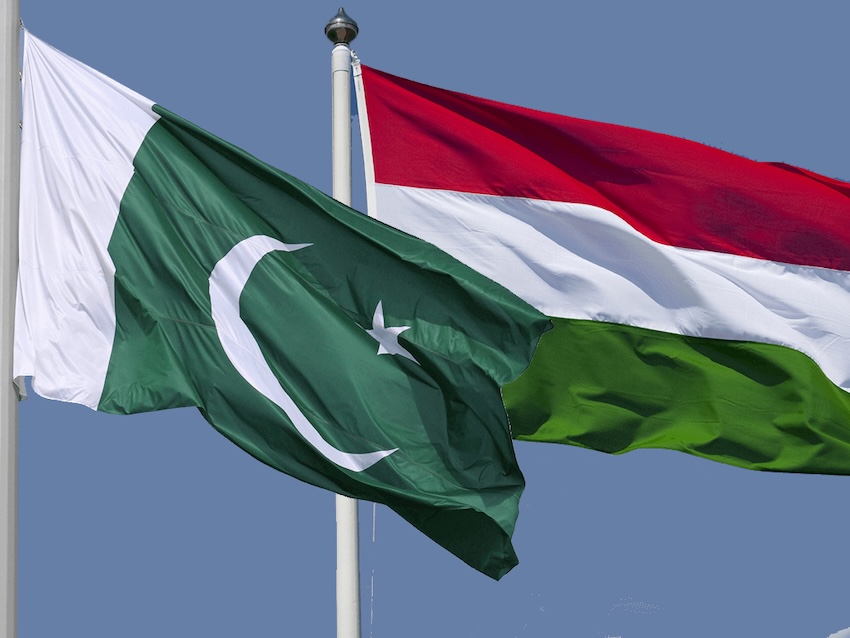
This year marks the 60th anniversary of diplomatic relations between Pakistan and Hungary, though people-to-people ties stretch back even further. I would like to highlight the contributions of several notable Hungarians in this context:
Sir Aurel Stein (1862–1943), who served as the second principal of the Oriental College in Lahore.
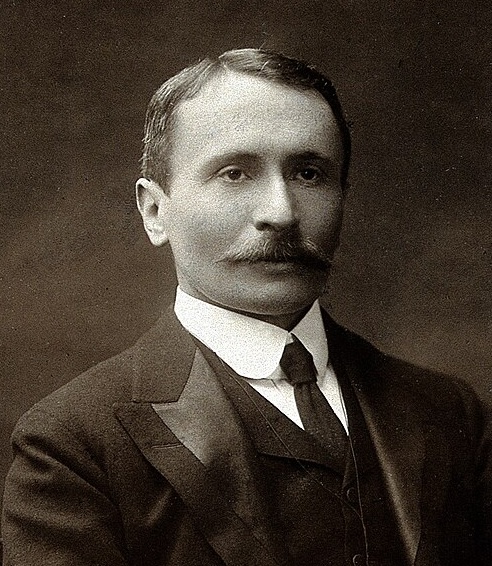
Dr. Gottlieb Wilhelm Leitner (1840–1899), founding principal of Government College University Lahore and key figure in establishing the University of the Punjab.
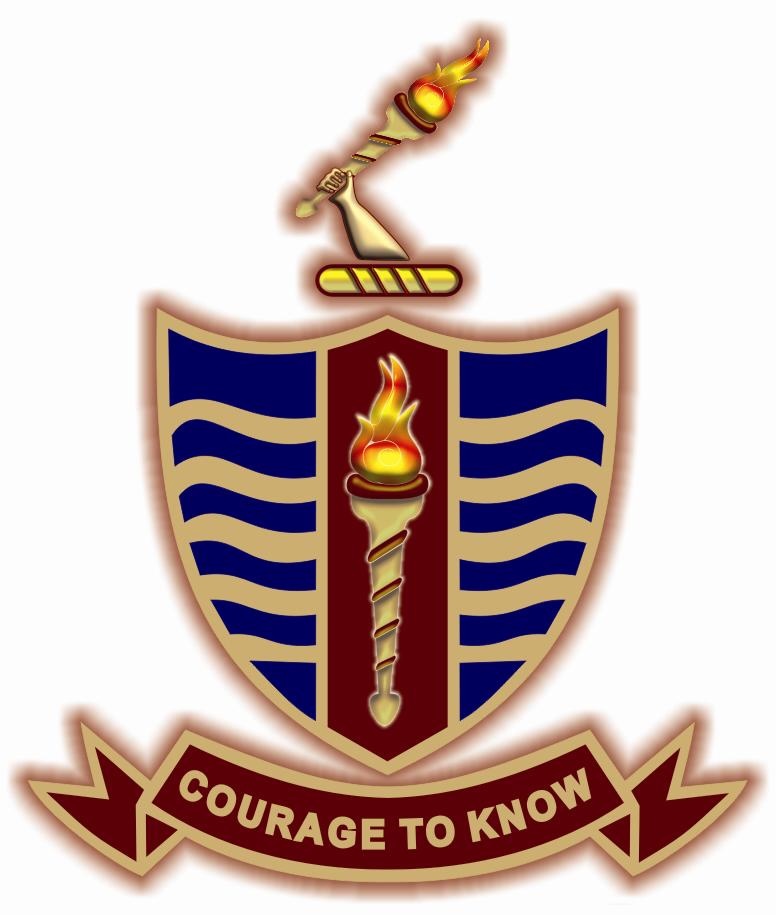
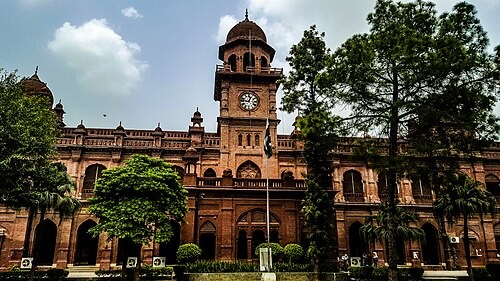
August Schoefft (1809–1888), a renowned painter who worked at the court of Maharaja Sher Singh in Lahore. His paintings are preserved in the Princess Bamba Collection at Lahore Fort.
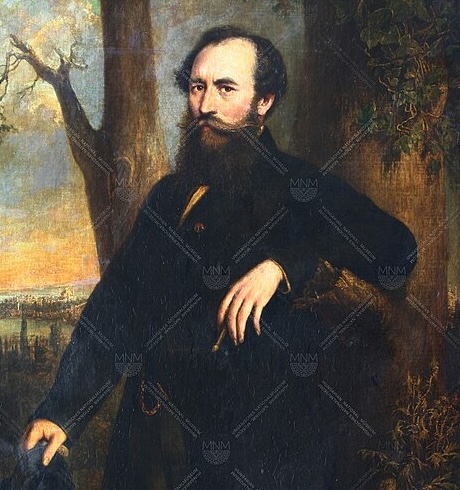
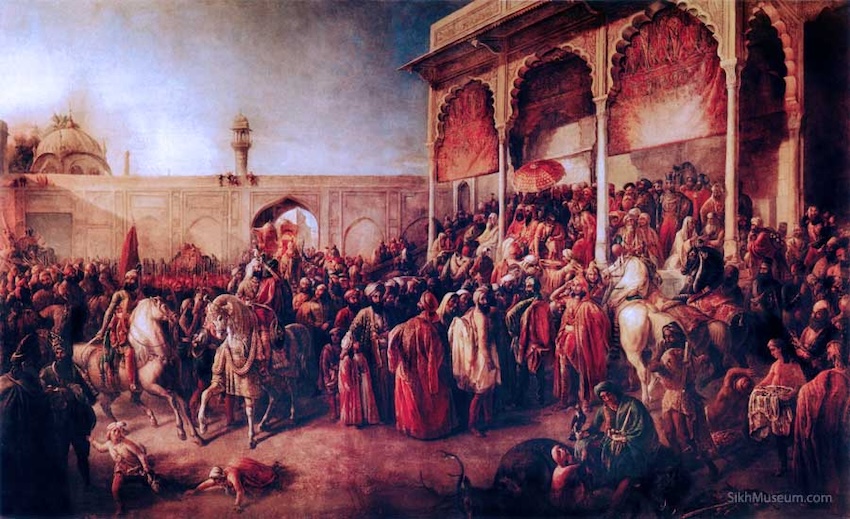
Amrita Sher-Gil (1913–1941), the daughter of a Hungarian opera singer and one of the pioneers of modernist painting. Her works are on display at the Lahore Museum.

Our national poet, Allama Muhammad Iqbal (1877–1938), paid tribute to the Hungarian poet Sándor Petőfi in his book Payam-e-Mashriq (Message of the East), praising his bravery and patriotism.
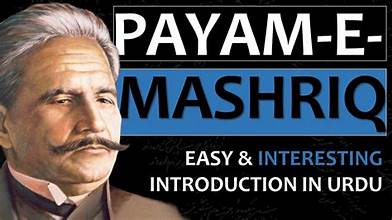
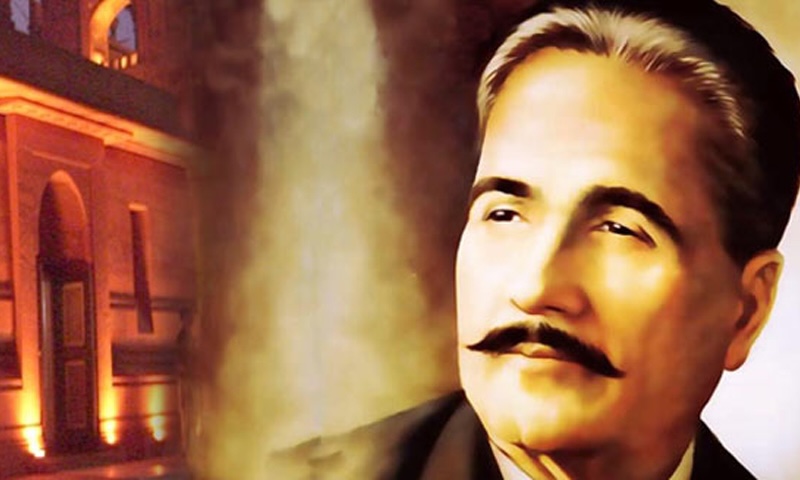
In recent years, Pakistan–Hungary relations have improved significantly under Hungary’s Eastern Opening Policy. Bilateral cooperation has expanded in the political, economic, trade, education, defence, water management, and agriculture sectors. The foreign ministers of both countries have paid reciprocal visits, including a recent meeting in January in New York.
We are grateful to the Hungarian government for supporting Pakistan’s candidacy for a non-permanent seat on the UN Security Council for the 2025–2026 term.
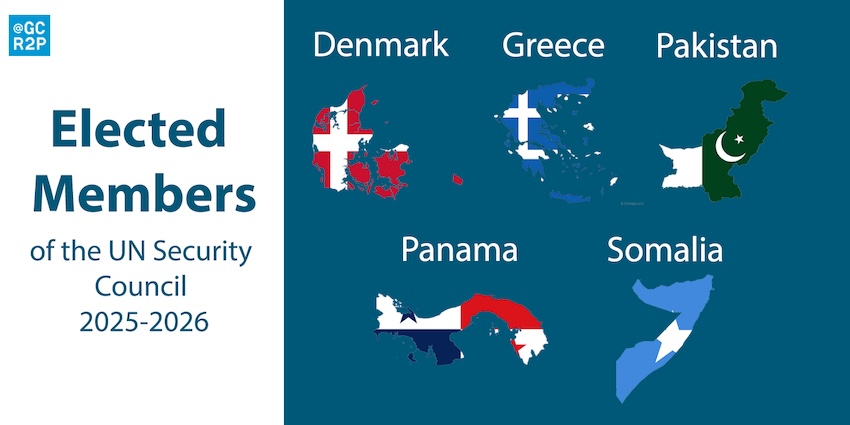
We also attach great importance to the scholarship program Stipendium Hungaricum, which enables hundreds of Pakistani students to pursue higher education at Hungarian universities each year.
Our bilateral trade volume increased from USD 65 million to USD 85 million within a year.
A major milestone in our partnership is the presence of the Hungarian oil and gas company MOL, which celebrated 25 years of successful operation in Pakistan last year. The company continues to play a vital role in our energy sector.
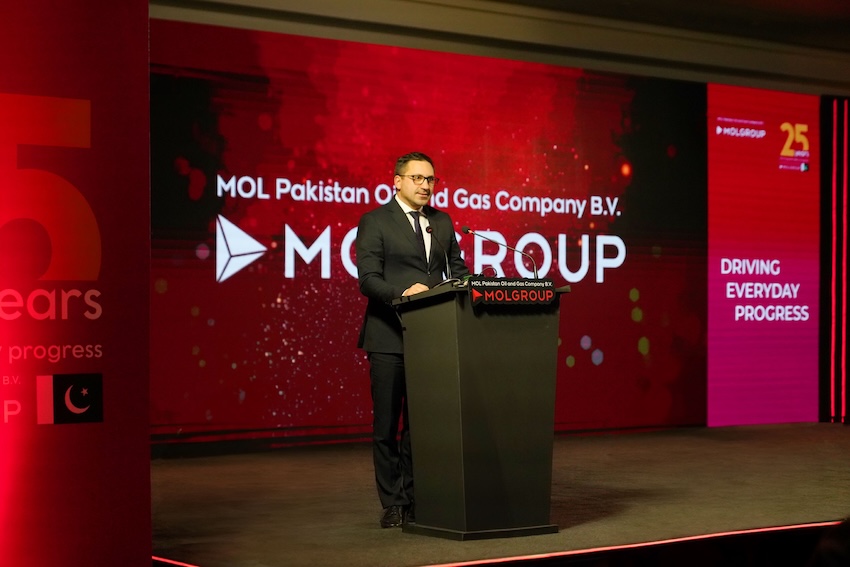
I am pleased to note the steady increase in the number of skilled Pakistani workers employed by Hungarian companies.
In February 2025, the 3rd Session of the Pakistan-Hungary Joint Commission on Economic Cooperation (JCEC) took place in Islamabad.
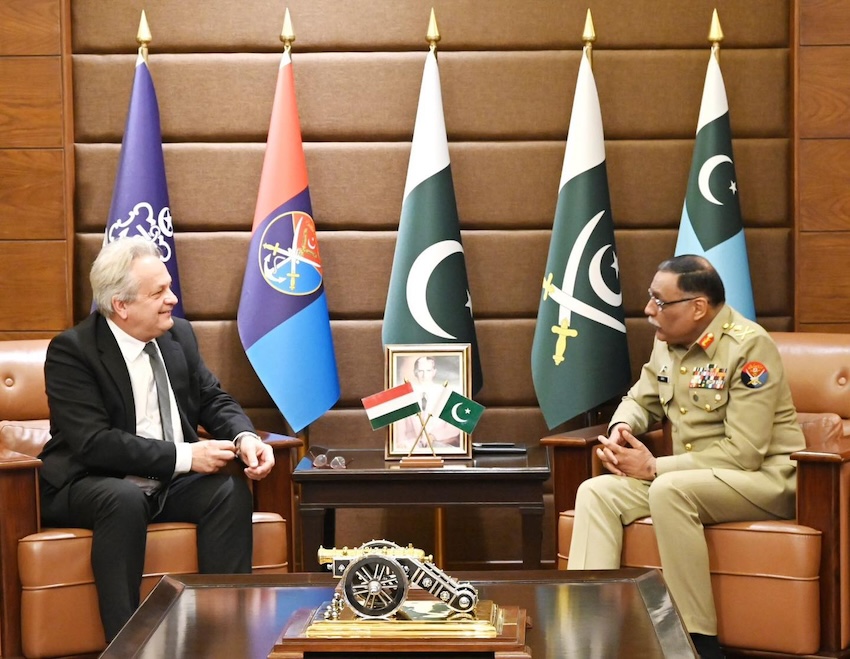
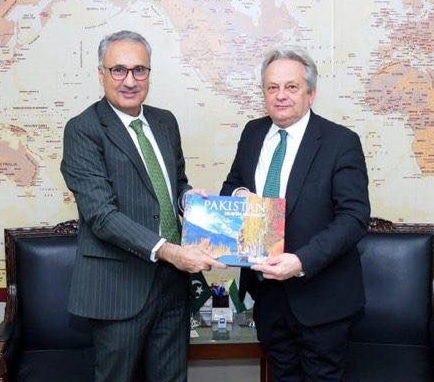
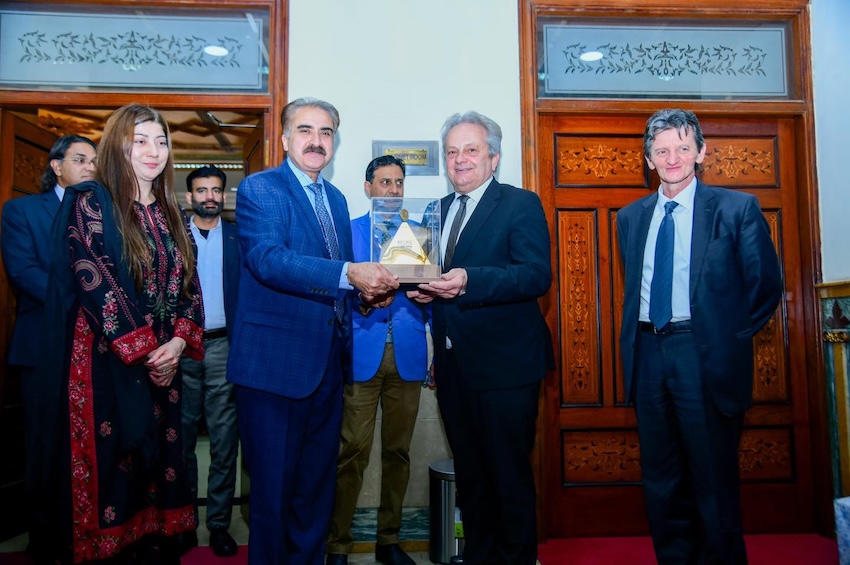
Also in February, the Speaker of Pakistan’s National Assembly, H.E. Sardar Ayaz Sadiq, visited Hungary at the invitation of Speaker László Kövér. We now look forward to welcoming the Speaker of the Hungarian National Assembly, along with the Hungary–Pakistan Parliamentary Friendship Group, to Pakistan.


We also anticipate the upcoming visit of Hungarian Foreign Minister H.E. Péter Szijjártó to Islamabad in April. We hope this will be followed by the next session of Bilateral Political Consultations later this year.
As part of the 60th anniversary celebrations, we are organizing a painting exhibition in October in collaboration with the National Széchényi Library.
In conclusion, I reaffirm our commitment to further deepening our fraternal ties with Hungary in all spheres. Thank you once again for being with us this evening.”
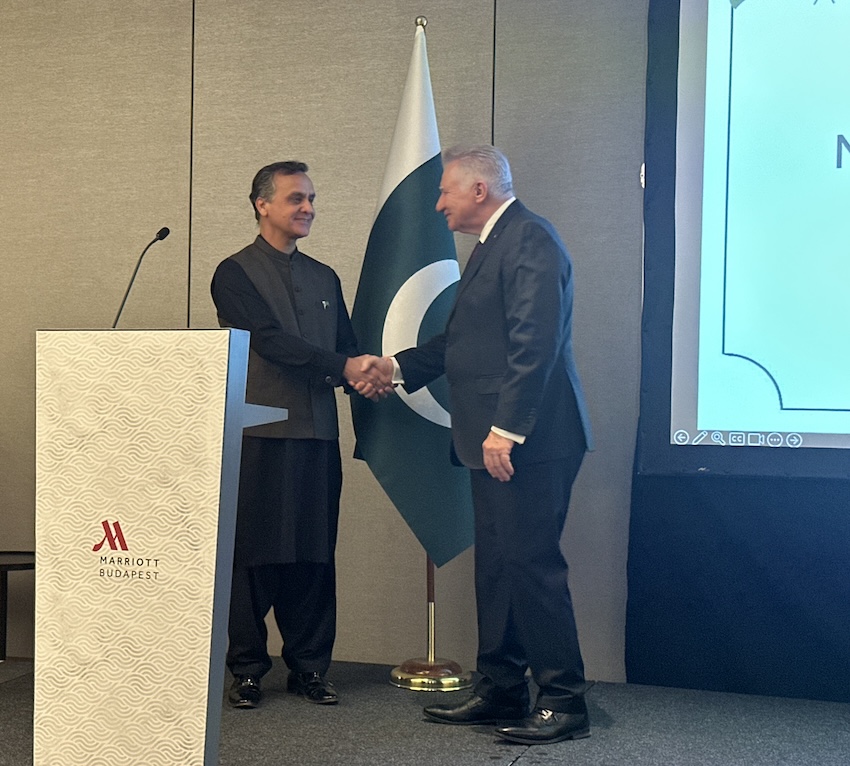
In his remarks, H.E. István Jakab, Deputy Speaker of the Hungarian National Assembly, extended heartfelt congratulations and best wishes to the people and government of Pakistan. He highlighted 2025 as a milestone year marking the 60th anniversary of diplomatic ties, and commended the substantial progress made in bilateral cooperation over the past decades.

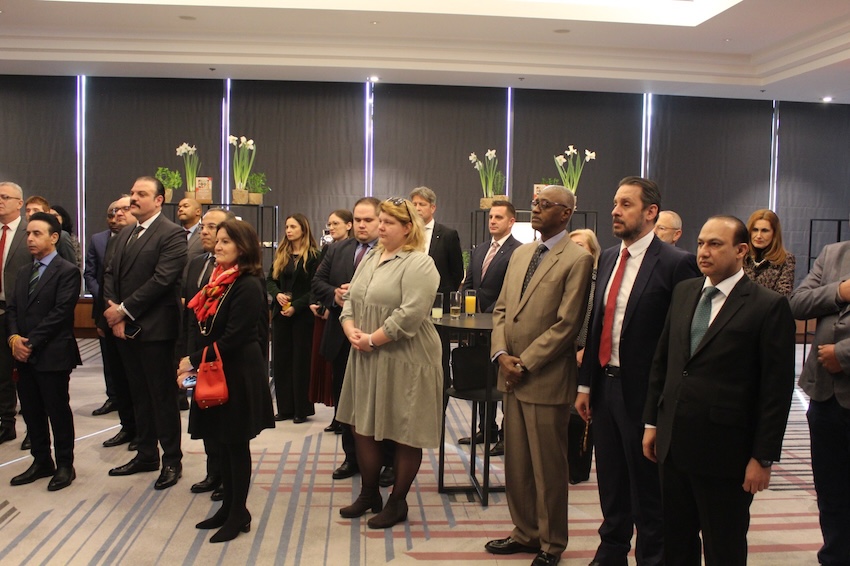
He emphasized two key pillars of the relationship: the growing number of Pakistani students in Hungary and the important role of MOL in Pakistan’s hydrocarbon sector. These, he said, represent not only economic and educational cooperation, but also strong interpersonal and business ties. Mr. Jakab praised the recent growth in Hungary–Pakistan relations and expressed hope for even deeper collaboration in areas such as trade, education, energy, and technology. He reiterated Hungary’s commitment to building a vibrant and multifaceted partnership with Pakistan in the coming years.
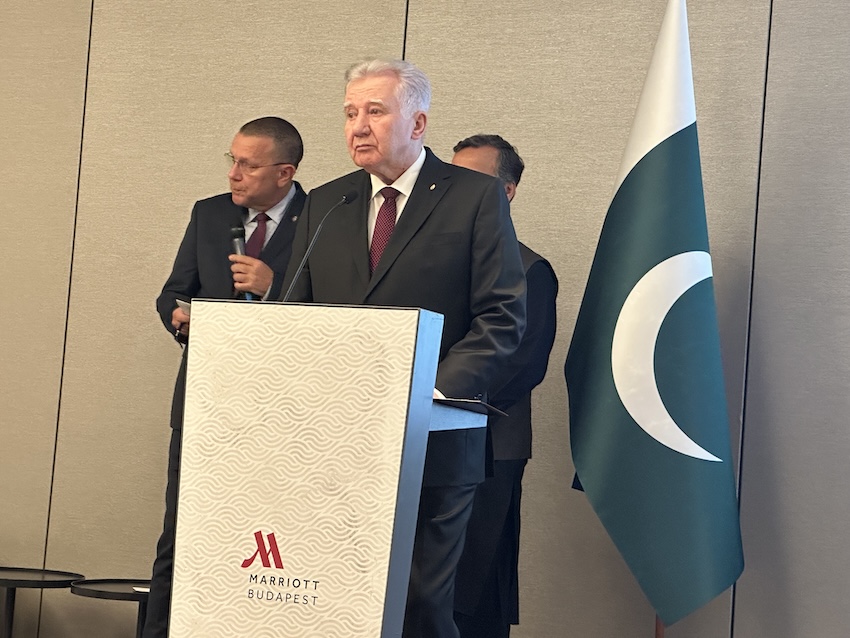
Following the official part of the event, guests enjoyed a lavish reception in a warm and welcoming atmosphere. The evening also featured the screening of a beautifully produced film showcasing Pakistan’s stunning landscapes and cultural treasures – hidden gems that deserve greater international recognition.
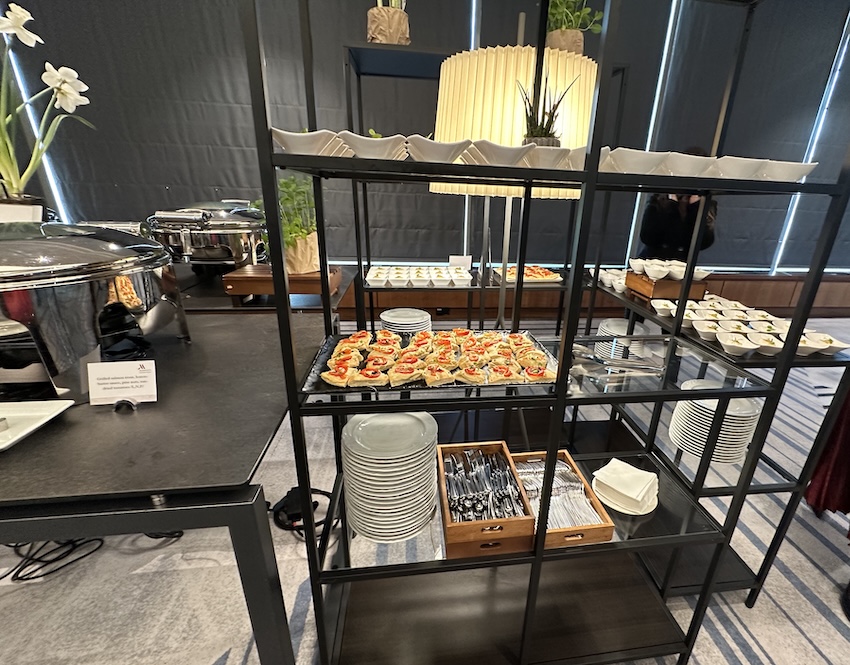
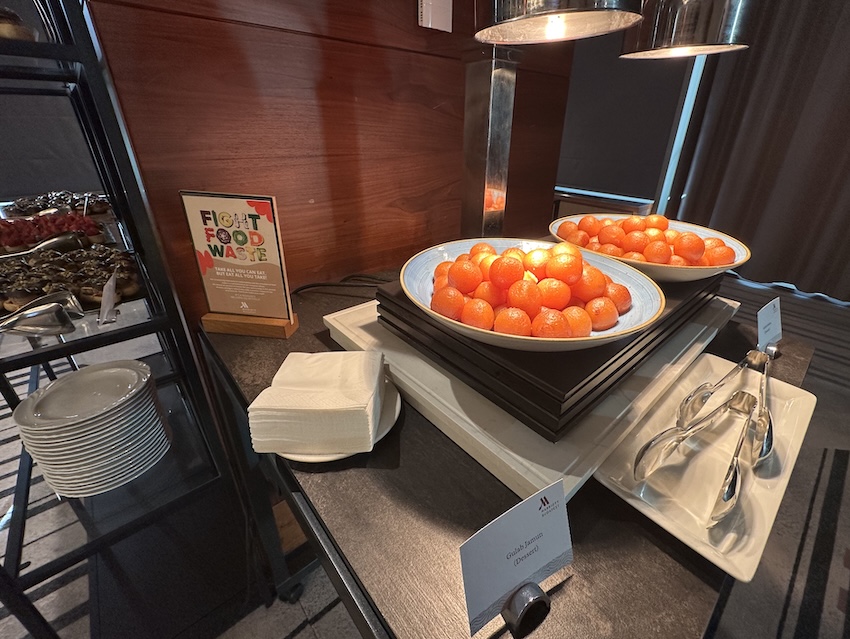
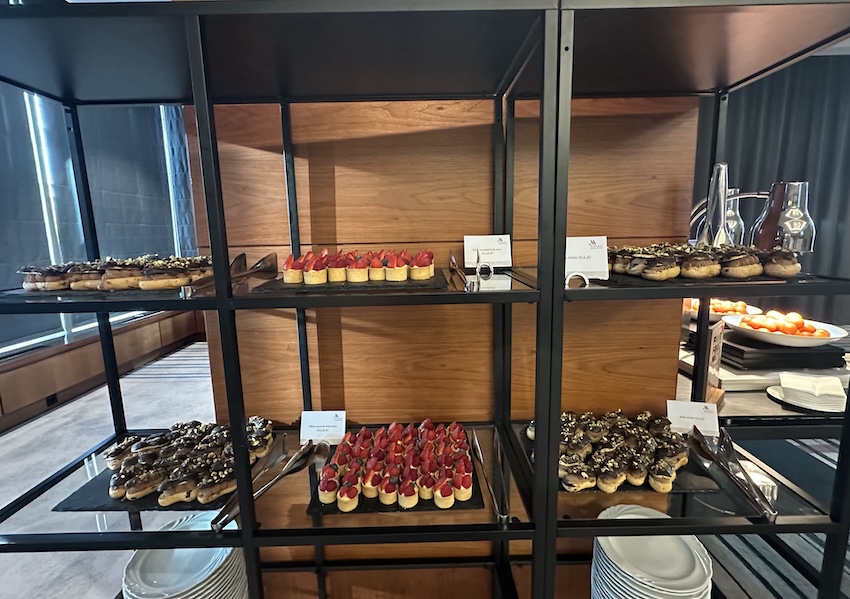
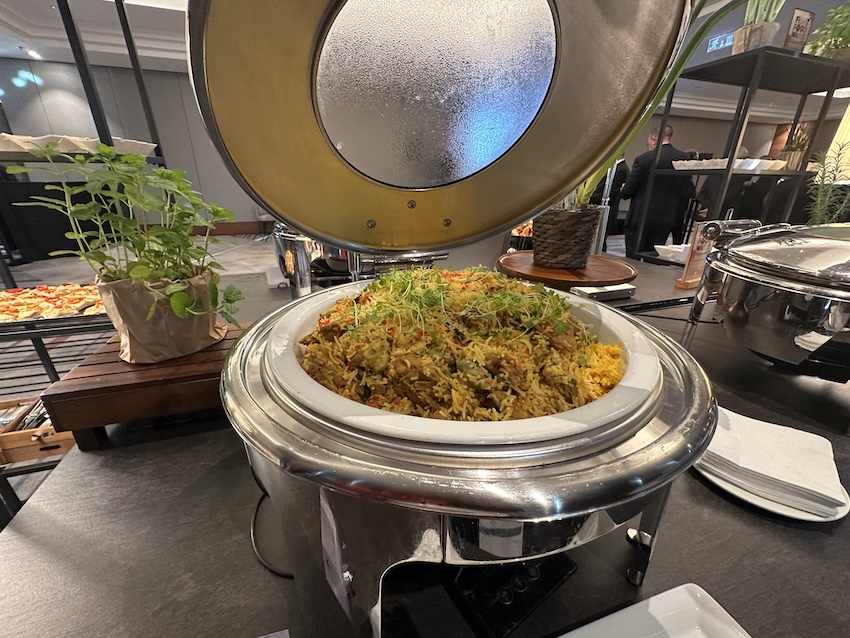
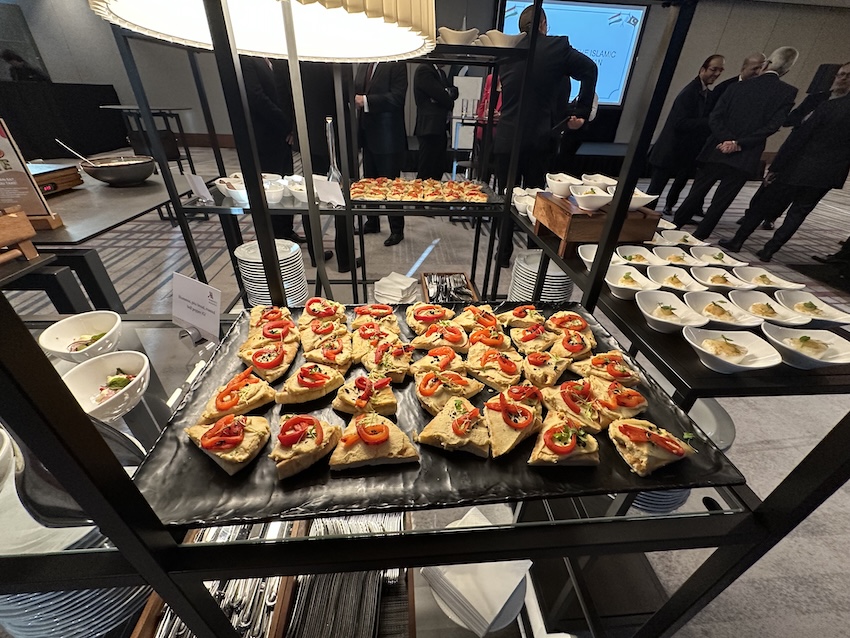

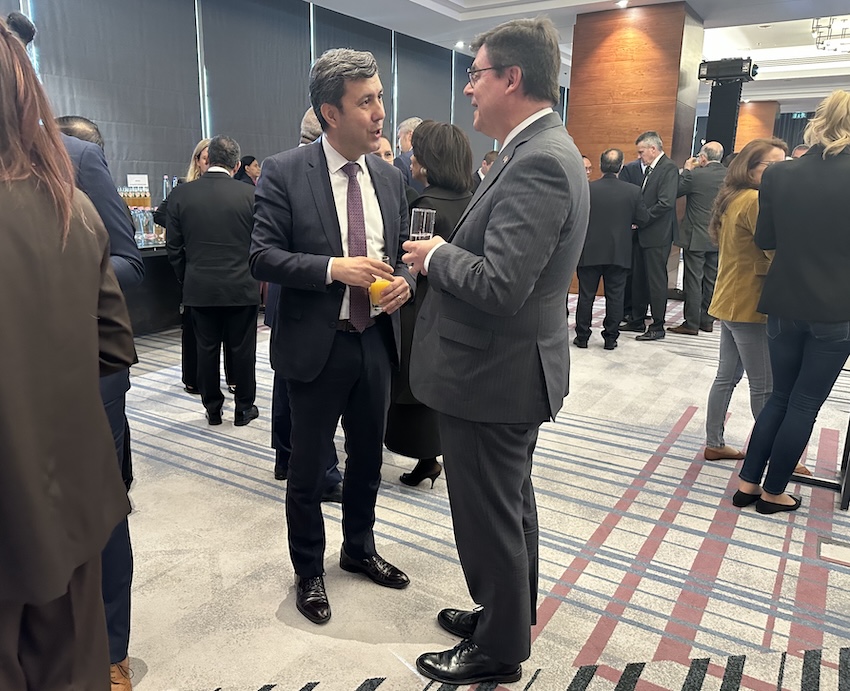
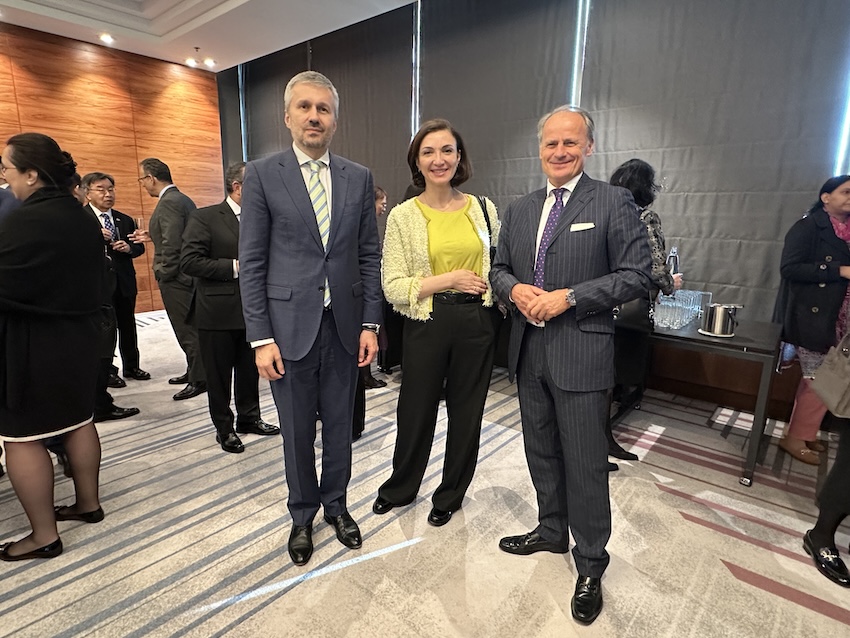
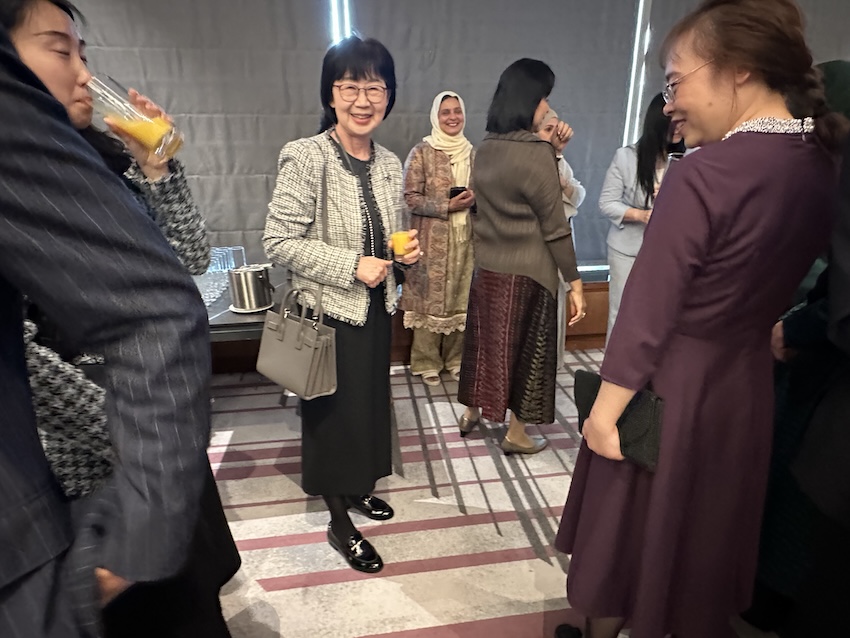
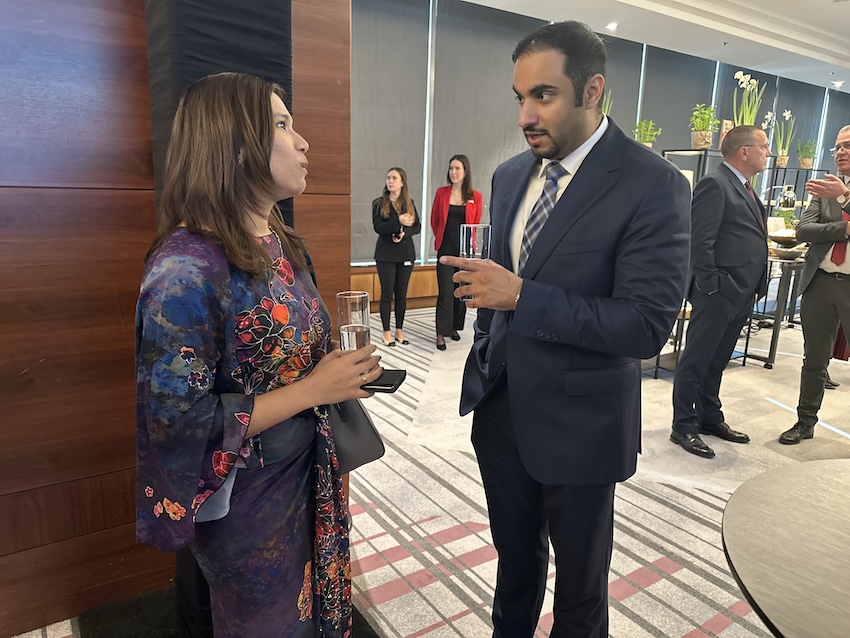
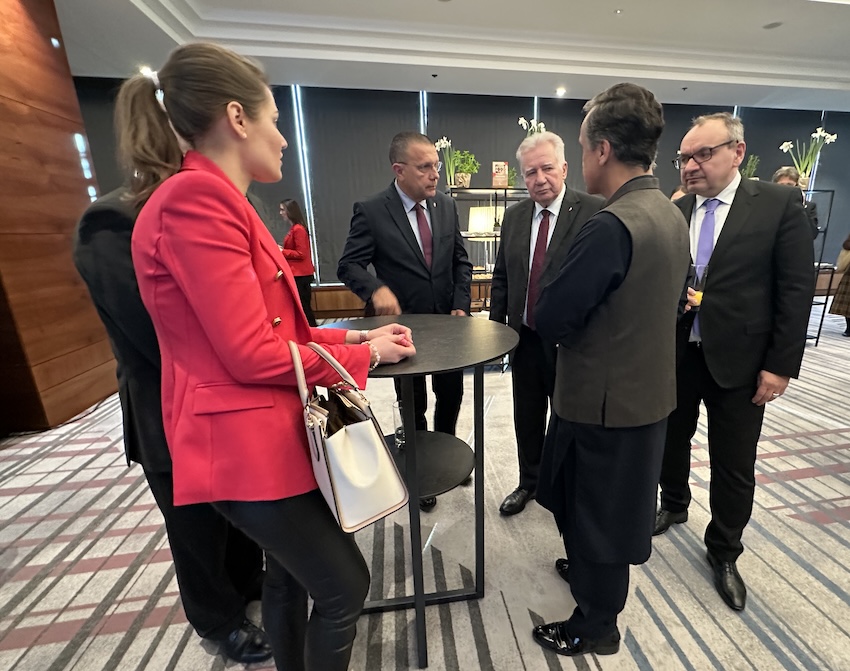
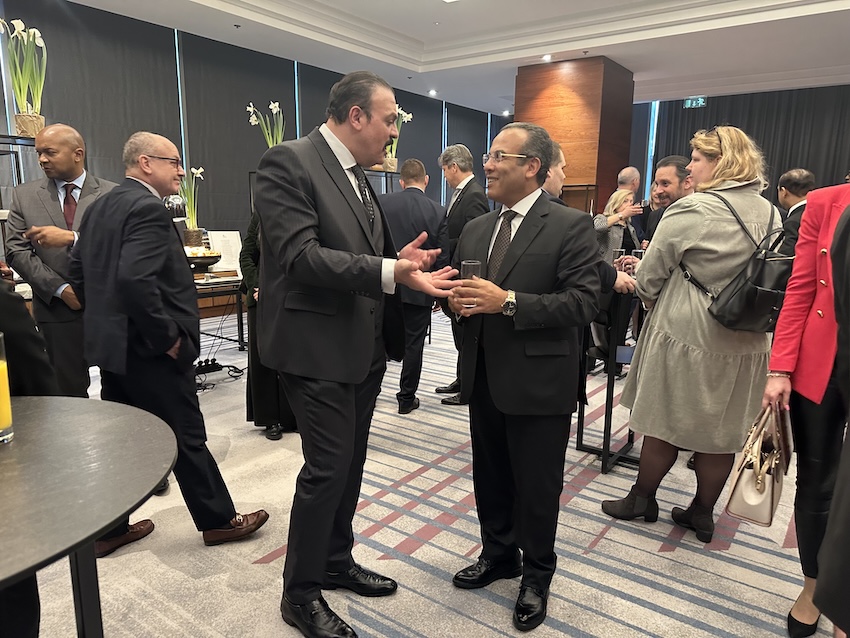
Hungarian Foreign Minister Visits Pakistan
At the invitation of Deputy Prime Minister and Foreign Minister Senator Mohammad Ishaq Dar, Hungary’s Minister of Foreign Affairs and Trade, Péter Szijjártó, paid an official visit to Pakistan on 17 April 2025. Accompanied by a high-level business delegation representing 17 Hungarian companies, Minister Szijjártó’s second visit to Pakistan reaffirmed the strong and evolving partnership between the two countries.



During his meetings, both sides highlighted the need for enhanced cooperation in key areas such as trade and investment, energy security, agriculture, scientific research, cultural exchange, and education. They also discussed pressing regional and global issues of mutual concern and agreed to deepen collaboration on multilateral platforms, including the United Nations, to promote peace, security, and sustainable development. Several bilateral documents were signed during the visit, including Memoranda of Understanding in the fields of Culture (2025–2027), Archaeology and Cultural Heritage, and an Agreement on the Abolition of Visas for Diplomatic Passport holders.
In other high-level engagements, Minister Szijjártó called on the Prime Minister, held talks with the Minister of Commerce, and jointly inaugurated the Pakistan-Hungary Business Forum. Speaking at the forum, Minister Szijjártó showcased Hungary’s strengths in water management, food safety, and medical technology. He emphasized Hungary’s constitutional ban on GMOs and its capability to produce twice as much food as it consumes – offering to share agricultural technologies with Pakistan. He also highlighted joint seed development initiatives and the presence of Hungarian-made implants and ventilators in South Asian markets. Companies active in cybersecurity, animal health, and ICT were also part of the delegation.



The Minister underscored the strategic role of MOL, Hungary’s largest enterprise, in Pakistan’s energy sector. Over the past 25 years, MOL has invested more than USD 400 million in Pakistan, employing around 900 people. MOL has discovered three new natural gas fields in Pakistan’s Tal exploration area and is already working on a production strategy. MOL is currently the second-largest producer of oil and propane-butane gas, and ranks fifth in natural gas extraction, with production steadily increasing.
Bilateral trade experienced significant growth, with trade volume doubling by April 2025 and Pakistani exports reaching a record level in 2024. Educational relations were also in focus, with Minister Szijjártó noting that around 400 Pakistani students pursue higher education in Hungary annually through scholarship programs.



To further enhance economic ties, Hungary is working on agreements covering investment protection and civil aviation – aiming to establish direct flights between the two countries. “In short, we would like to see broader and deeper cooperation between our two countries,” the minister stated. The visit coincided with the 60th anniversary of diplomatic relations between Pakistan and Hungary.
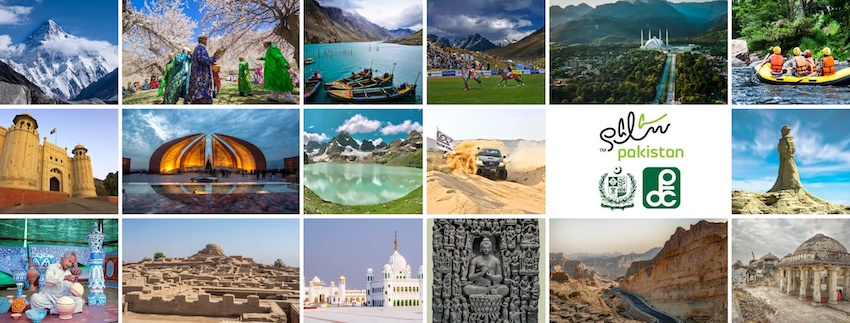
Sources: Embassy of Pakistan in Budapest; Péter Szijjártó / Facebook
Photos from the Embassy of Pakistan in Budapest; Péter Szijjártó / Facebook; Wikipedia; DPA






